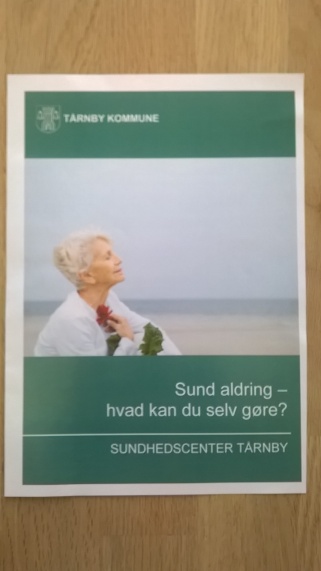I came up with this list of definitions used in Gerontology (aging studies). I made this during my internship with WHO Age-Friendly Cities, as a guide. To my knowledge, they didn’t do anything with this list of terms, so I am sharing it here.
Age effect A difference due to chronological age or life-course stage.
Age grade Use of age as a social category to group people by status-the expectations for when the transition from one role to another should occur.
Age stratification theory Underlying proposition is that all societies group people into social categories and that these groupings provide people with social identities; age is one principle of ranking, along with wealth, gender, and race.
Chronological age Number of years a person has lived.
Continuity theory A more formal elaboration of activity theory; uses a life-course perspective to define normal aging and to distinguish it from pathological aging.
Convergence theory A theory of aging that views old age as a great leveler, which reduces inequality that was evident at earlier stages of the life-course.
Convoy model of social relations A theoretical model stating that each person moves through life surrounded by a group of people to whom he or she is related through the exchange of social support; dynamic and lifelong in nature.
Coping A state of compatibility between the individual and the environment so that the individual maintains a sense of well-being or satisfaction with quality of life.
Countertransition A life course transition produced by the role changes of others.
Life-course The interaction between historical events, personal decisions, and individual opportunities; experiences early in life affect subsequent outcomes.
Life-course framework An approach to the study of aging that combines the study of the changing age structure with the aging experiences of individuals.
Period effect The impact of an historical event on the people who live through it.
Role The expected behaviors associated with a given status; also a status and the behaviors associated with it.
Role allocation Processes by which roles are assigned to individuals and the dynamics of role entry and exit.
Role conflict An inability to meet competing demands of two or more roles; occurs when two or more roles are partially or wholly incompatible.
Role reversal Reversal of parent-child role, with the child becoming the decision maker.
Role transition Role changes individuals make as they leave school, take a job, marry, have children, retire.
Self-concept The organized and integrated perception of self; consists of such aspects as self-esteem, self-image, beliefs, and personality traits.
Social clock The age norms that provide a prescriptive timetable, which orders major life events.
Note the difference between
- Universal ageing – age changes that all people share
- Probabilistic ageing – age changes that may happen to some, but not all people as they grow older including diseases, such as type two diabetes
- Chronological ageing – numerical
- Social ageing – cultural age-expectations of how people should act as they grow older
- Biological ageing – an organism’s physical state as it ages
- Proximal ageing – age-based effects that come about because of factors in the recent past
- Distal ageing – age-based differences that can be traced back to a cause early in person’s life, such as childhood polio
55.676097
12.568337
Like this:
Like Loading...



